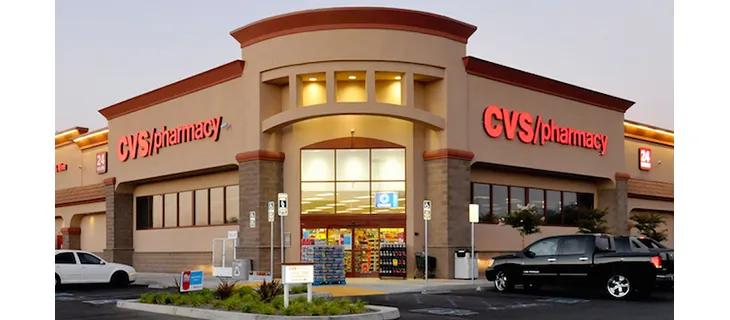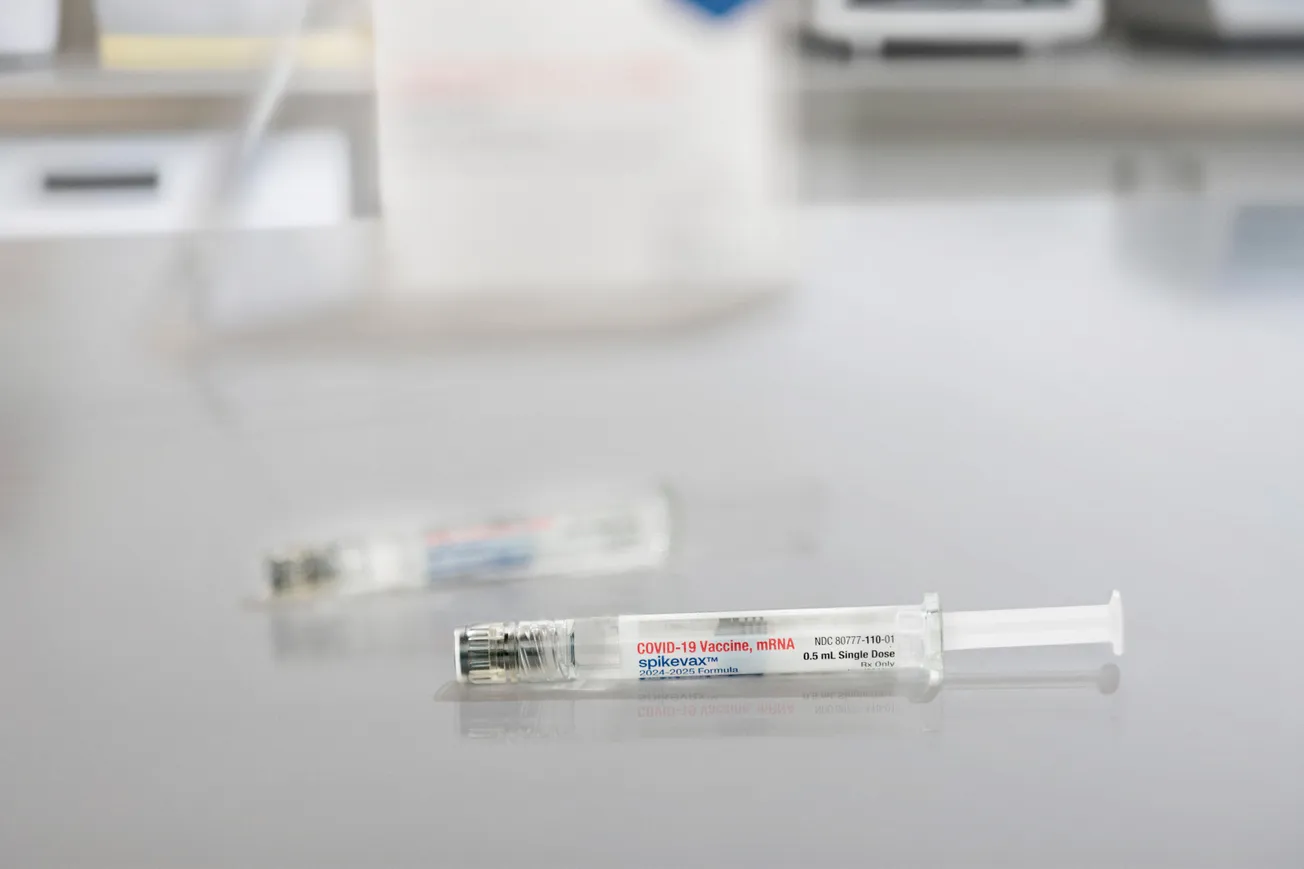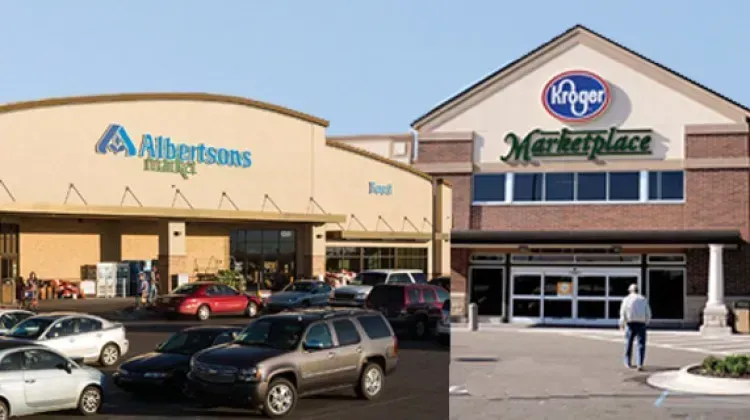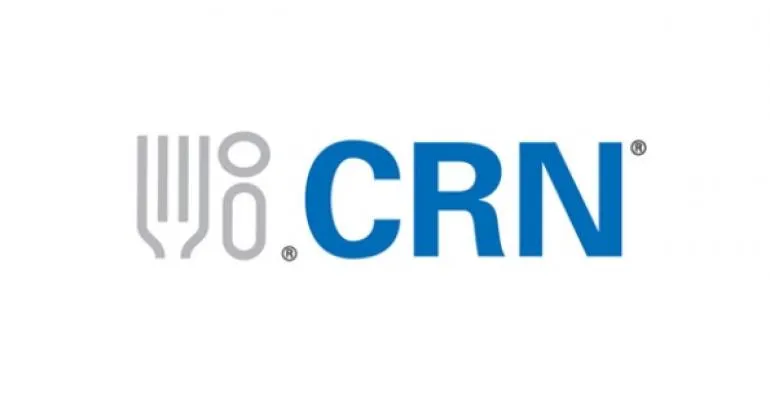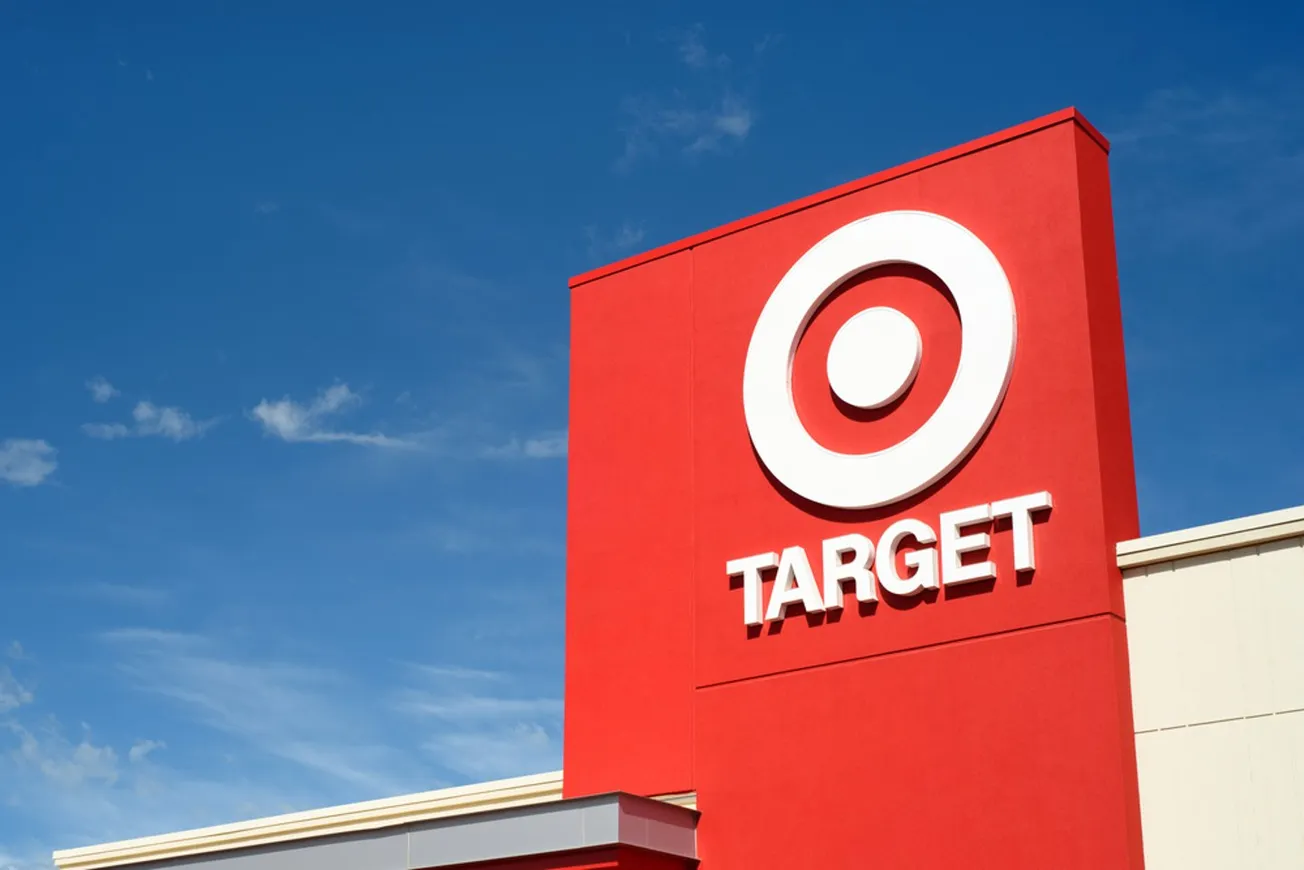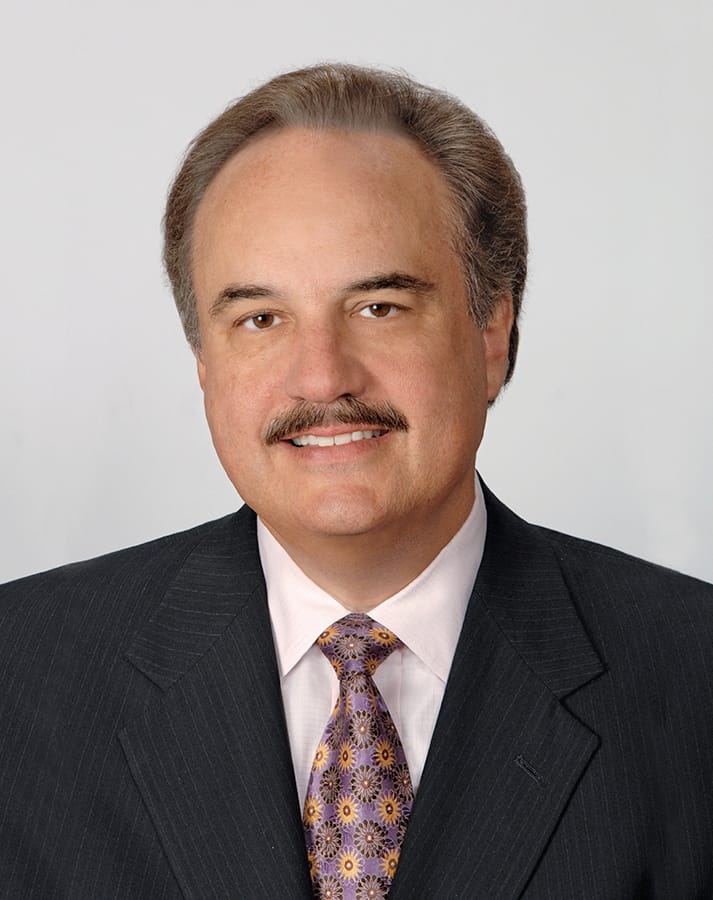
Larry Merlo
WOONSOCKET, R.I. — The combination of CVS Health and Aetna marks a new era in U.S. health care. Finalized in late November, the $69 billion deal paves the way for the combined company, whose expertise and assets touch nearly every aspect of patient care, to revolutionize health care delivery and, in the process, complete the transformation of the drug store into a true neighborhood health care center.
“This is a transformative moment for our company and our industry,” says Larry Merlo, the driving force behind the company’s extraordinary evolution. “Our integration efforts continue to make great progress; our teams are working extremely well together to assure that we can immediately begin to execute on our groundbreaking work to create a new, innovative health care model that is easier to use, less expensive and puts consumers at the center of their care. As the front door to health care, our new company will have a local focus, engaging consumers with the quality care they need when and where they need it, will make a complicated system simpler for all, and will help people achieve better health at a lower cost.”
In order to do that, he adds, CVS Health must, first and foremost, be an innovation company. “We are committed to leading change in health care by challenging the status quo with new technologies, business models and partnerships,” he says. “To fundamentally change the consumer health care experience, we are beginning to make significant long-term investments in new products, services and platforms, some of which we will begin to pilot in early 2019. And being one company will allow us to develop new benefit designs and pricing models reflecting the power of combining health and pharmacy benefits, making the experience easier for both payers and patients. We believe revolutionizing the customer experience will be an increasingly important competitive differentiator for us.”
In recognition of Merlo’s visionary and bold leadership in building an organization with the potential to reinvent the way health care in this country is delivered, the editors of Chain Drug Review have named him the publication’s Health Care Executive of the Year.
Merlo and his colleagues have forged a powerful new company that encompasses an extensive array of assets — Aetna’s traditional, voluntary and consumer-directed health insurance products that serve 39 million people, a growing Medicare Advantage business and analytics capabilities, and CVS Health’s 9,800 drug stores, 1,100 walk-in clinics, pharmacy benefits manager with 93 million patient lives, and long-term care and specialty pharmacy units. Those resources, together with the $245 billion in annual revenue they are expected to generate, give the company the reach and scale necessary to influence the trajectory of the entire health care system.
“CVS Health has a broad suite of assets and extensive health care experience to execute on cost savings initiatives, and this is augmented by the Aetna transaction,” comments Merlo. “We are advancing solutions to address those areas where customers’ needs are not being filled — robust delivery options, simple and intuitive user interface. These solutions improve the experience for consumers and patients and provide them access to what they need where and when they need it.
“CVS Health also has the power of the human touch. We are local — offering convenient access for consumers — and we have more than 30,000 clinicians who consumers can trust with their health needs.”
The company will need to draw on all of those strengths as it works to develop new, more effective approaches to health care delivery. Like many others, CVS Health is focused on solving the riddle of how to increase patient access and improve outcomes while simultaneously lowering overall costs.
“Clients and consumers will benefit from our combined company in a multitude of ways. First, as our costs go down, consumers will see the benefits in terms of premiums that will be lower than they would have been otherwise,” Merlo says. “Second, we intend to invest these savings into improving the quality of services we offer to consumers. These cost savings will improve consumers’ experience in ways beyond merely the cost of their premiums. Third, patients using lower-cost sites of care would also be able to take advantage of lower out-of-pocket costs.”
One example of the benefits that will accrue to stakeholders that he cites is the integration of pharmacy and medical information. The holistic view that results will allow CVS Health to engage with patients on a regular basis and provide preventive care that can help avoid the development of serious conditions that are costly to treat.
“The combination of our pharmacy services with Aetna’s expertise in medical benefits will significantly improve our ability to help patients manage their chronic illnesses,” notes Merlo. “If we can engage with even a small portion of that population, we will be able to reduce health care costs for payers and patients.
“The combination of CVS and Aetna also will allow us to explore new benefit designs with zero co-pays or reduced cost sharing. As one example, the combined company can design benefit plans that incentivize use of clinics and home infusion. This will reduce costs compared to more expensive hospital care, such as unnecessary emergency department visits.”
The linchpin to achieving those results is effective exchanges with patients and their caregivers.
“If we can improve the customer experience, then we can drive greater consumer engagement,” Merlo says. “The more engaged the consumer is with the right care, the more their health and wellness improves. And better health means lower total health care costs.
“This is what the combination of CVS Health and Aetna is all about. And we are uniquely positioned to accelerate these changes across health care. Because we touch one in three Americans with our assets today, and with over 400 health plan relationships, we will make these new offerings available across that spectrum of customers and clients.”
An overarching goal for CVS Health is to simplify the process of utilizing health care services. By extending the continuum of care, the company intends to step up involvement with individual patients and their caregivers.
“By placing consumers at the center of their health care decisions through a seamless, more connected system, we will make it easier for them to access the information, resources and services they need,” remarks Merlo. “Access is a critical component of building a simpler, more responsive and more affordable health care experience for consumers.
“As such, CVS Health offerings, including retail pharmacy services, specialty pharmacy and long-term care, walk-in clinical services and PBM services, will continue to be fully accessible to other health plans.
“In addition, Aetna members will continue to have a broad network of pharmacies, including community-based independent pharmacies, available to fill their prescriptions. CVS Pharmacy will continue to participate within the pharmacy networks for other PBMs and health plans.”
One of the keys to achieving that vision is Aetna’s robust capabilities in patient data and analytics. Those tools will be leveraged to create actionable insights to enhance outcomes at the point of care and in the daily lives of patients.
“By fully integrating Aetna’s medical information and analytics with CVS Health’s pharmacy data, we can enable more effective treatment of the whole patient based on a more complete picture of their health,” says Merlo. “As a result, patients will benefit from earlier interventions and better-connected care, leading to better health outcomes and lower medical costs.
“Coordination among physicians, other health care providers and caregivers, and the health care teams at CVS, combined with expanded health screenings and advanced connected devices, can help providers predict and prevent major health events before they occur by, for example, identifying prediabetes symptoms or the warning signs of a heart attack. This will be done by remotely monitoring key health vitals or helping to ensure patients with chronic diseases take their medications as prescribed, which can improve patient health and avoid costly adverse events.”
CVS Health is beginning to pursue its extraordinarily ambitious agenda against a public policy environment that remains unsettled. Controversy about the Affordable Care Act, the legislation passed in 2010 that established the current framework for health care coverage in this country, continues. Federal district court judge Reed O’Connor struck down the much-contested law late last month in a ruling that is sure to be reviewed on appeal and ultimately be decided by the Supreme Court. Despite the ongoing uncertainty, Merlo is confident that policy makers are united in the belief that the health care system needs to be improved.
“I believe the current administration and Congress recognize the important and proven role that the private sector plays as an innovator in health care, and are supportive of our plans to transform the consumer health care experience,” Merlo notes. “From our perspective, we see our role as working with both public and private sector payers to continue to drive pharmacy and benefit plan innovation to lower costs for the health care system.
“Health care delivery is changing before our eyes, and we are excited to be in the vanguard of that change. With a physical presence in almost every community across the country, we have the unmatched ability to meet consumers where they are and provide the care and services they need, either face-to-face or with the unique set of virtual and physical delivery service capabilities that extends our physical presence in real time to meet their needs.
“CVS Health and Aetna are key health care disruptors and pivotal players in helping define a new competitive health care landscape. Together, we will help address the challenges our health care system is facing, and we’ll be able to offer better care and convenience at a lower cost for patients and payers. That is why we are excited about CVS Health and why we believe the Aetna transaction will accelerate our progress toward this goal.”
While the public policy picture in Washington remains dynamic, with Republicans in control of the White House and Senate, and a newly installed Democratic majority in the House of Representatives, there is no doubt about the unanimity in support of their mission among the people at CVS Health, including the thousands of new colleagues who have come over from Aetna.
“Both companies share a deep commitment to improving health care through our products and services, diversity, corporate social responsibility and community involvement,” Merlo says. “As we move forward as a combined company, we will continue to embrace CVS Health’s values of innovation, collaboration, caring, integrity and accountability, as well as our purpose of helping people on their path to better health.”

